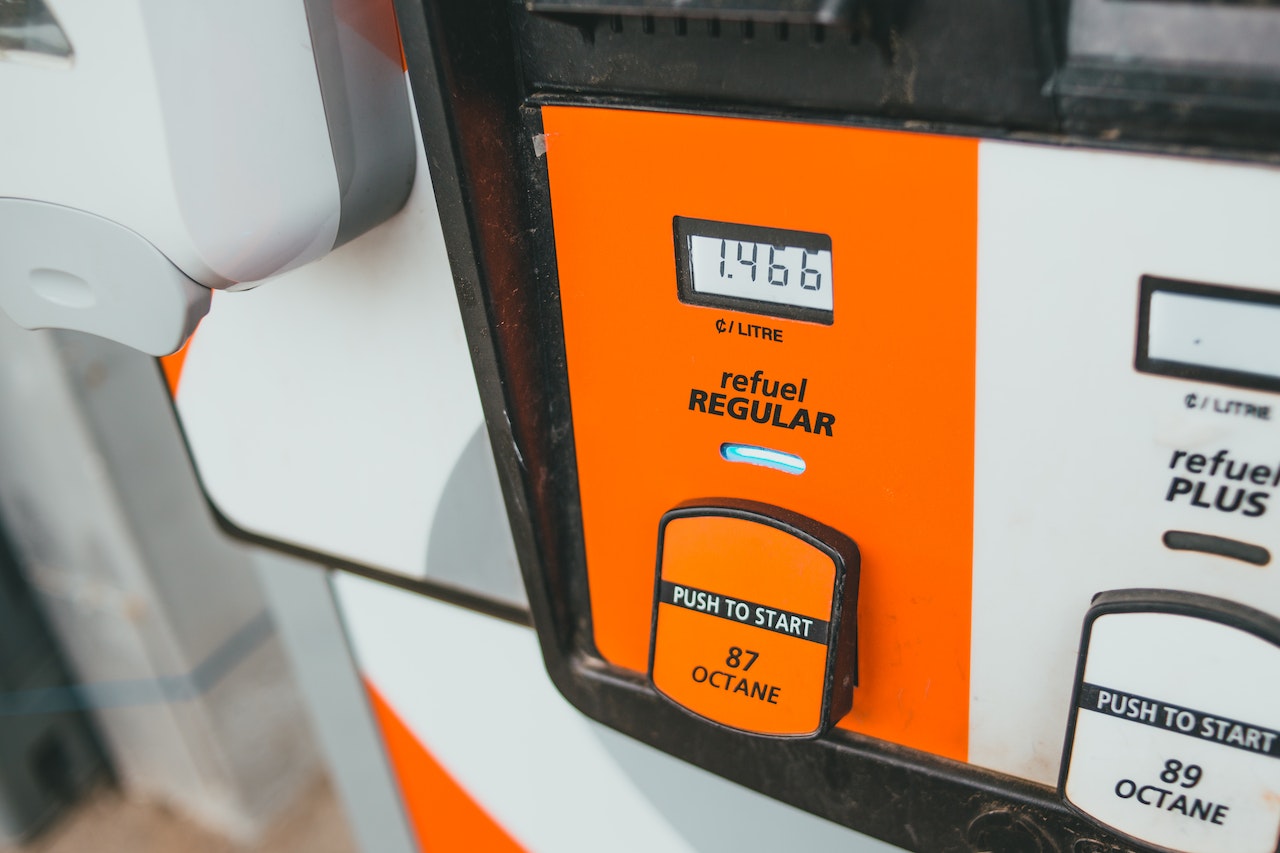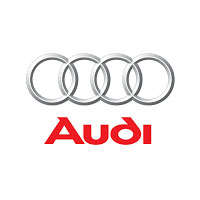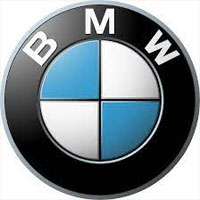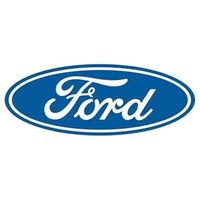With our fuel cost calculator, drivers and motorcyclists can always keep an eye on their fuel consumption. However, our guide not only provides information on how consumption can be calculated, but also provides tips and tricks for saving fuel.

In our formula for calculating fuel consumption, there are basically three different parameters that are important:
• The price of petrol per litre
• Consumption per 100 kilometers
• The distance in kilometres
The price of petrol per litre can be read at the petrol or diesel pump in the gas station. The distance in kilometers depends on the route that has to be covered - it could be a single journey or the distance you have covered over a set period of time (eg. one week). You can also determine the exact consumption per 100 kilometers yourself.
There are two ways to determine how much fuel the car uses per 100 kilometers. On the one hand, it is worth taking a look at the manufacturer's information, which can sometimes be somewhat inaccurate. On the other hand, you can calculate your own real world fuel consumption like this:
1) Set your odometer to zero directly after the next refuelling.
2) After refueling, it is also important to note how many litres of fuel you put into the vehicle.
3) The litres refueled must then be divided by the displayed daily mileage.
4) Finally, the result has to be multiplied by 100 - the value of the litres consumed per 100 kilometers is already determined.
Important: The calculation only works for a full tank of fuel. This is the only way to calculate the correct reference value for the amount of fuel consumed. It should also be noted that the calculation does not take wear and tear or vehicle wear into account.
Our fuel cost calculator calculates the petrol or diesel consumption of cars or motorcycles reliably, free of charge and quickly using three short key figures. In this way, the fuel costs can be shared fairly in a carpool or the monthly fuel consumption on the way to work can be determined. Various tricks such as anticipatory driving or avoiding short journeys also contribute to lower fuel consumption.

Includes the A series, E-Tron electric and Q series

Includes 1-8 series, I, X and Z series

All Ford Cars, Vans and Pickups